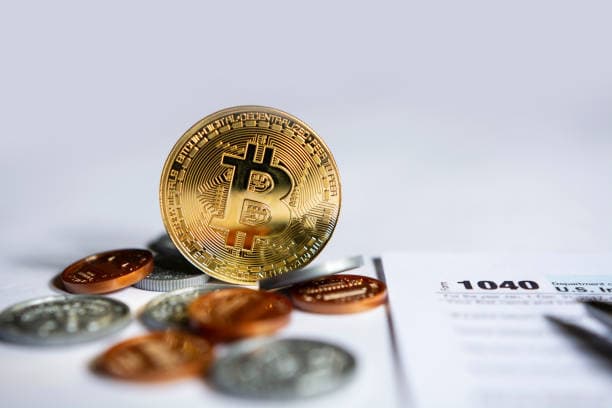Hey everyone, it's Mike! Today we're going to talk about one of the most overlooked "psychological factors" in trading, but one that has a huge impact on success. Whether you're new to cryptocurrency trading or you've already gained some real-world experience, you've noticed how mood swings can affect your judgment. The core of trading psychology is to help us understand these emotional reactions and learn how to control them, so that you can operate in the market in a calmer, more calculated manner and avoid becoming a prisoner of your emotions. Ready to improve your trading mindset? Let's take a look!

What is Trading Psychology?
Trading psychology focuses on the emotions, behaviors, and mental models of traders in market operations. Simply put, market volatility often triggers fear and greed, which are the two most common emotions of traders. Taking cryptocurrencies as an example, when the price of Bitcoin rises sharply, many people will have the anxiety of "missing an opportunity" and impulsively chasing the high price; on the contrary, when the price falls sharply, they may sell out of fear and miss the opportunity to rebound. Research shows that 90%'s trading failures are not due to poor technical analysis, but rather to psychological factors that lead to poor decision-making.
How do psychological factors affect trading decisions?
The double-edged sword of fear and greed.
Fear can cause traders to close their positions too early and fail to maximize their returns, while greed can lead to unplanned position increases or positions being held for too long, ultimately resulting in losses. For example, studies have shown that in a bull market, retail investors are more likely than institutional investors to be overly optimistic, leading to out-of-control capital management.
Overconfidence and Fear of Missing Out (FOMO)
Traders often become overconfident due to short-term success, underestimating risk and ignoring risk control strategies. Fear of Missed Opportunity (FOMO) is also a common trap that allows people to buy on the bandwagon, ignoring the big picture of the market, and ultimately losing significant money in price corrections.
How to improve the psychological quality of trading?
Plan to avoid emotional manipulation
Develop a clear strategy before trading, including entry and exit conditions, stop-losses and profit targets. Experiments have proven that traders with a plan make an average of 30% more profit than traders who operate randomly.
Learning to Accept Loss
Losses are part of trading in the market. Psychologists advise traders to view losses as a learning opportunity rather than a sign of failure. Regularly reviewing your trading history can help you identify problems and improve your strategy.
Stay calm in the face of fluctuations
Market volatility is one of the characteristics of cryptocurrencies, and traders need to be patient to avoid short-term fluctuations affecting long-term decisions. The use of technical analysis tools, combined with historical data, will allow you to find trends in the midst of volatility.
Practical cases of trading psychology
Here is a common example:
Ming is a novice trader who bought Bitcoin when the price was rapidly rising, but then panicked and sold out because of the pullback after the rally, and ended up losing money. The problem here is that he didn't have a clear entry and exit strategy and was too driven by short-term emotions. If Ming had set a stop-loss and target price in advance and analyzed the trend calmly, his result could have been completely different.
Utilizing Data and Tools to Improve Mental Quality
Importance of a trading diary
Record every trade, including entry and exit points, current mental state and market conditions. Statistics show that traders who use a trading journal can increase their success rate by more than 20%.
Utilizing Technology Tools to Reduce Stress
Utilizing automated tools provided by exchanges, such as the stop-loss and take-profit features of the Ouyi Exchange (OKX), can effectively minimize the emotional turmoil caused by missing out on the market.
Long-term exercise of psychological literacy
It takes time to improve psychological quality, and it is a gradual process. It is recommended that you start practicing with a small amount of capital, gradually adapt to market fluctuations, and strengthen your mental toughness through continuous learning and reflection.
Frequently Asked Questions Q&A
1. which is more important, psychological literacy or technical analysis?
Both are equally important. You can't have one without the other. Psychological skills help you to execute the decisions that come out of technical analysis.
2. how to overcome fear?
Setting stop-loss and take-profit is the easiest way to build confidence over time by recording and analyzing trades.
3. How can I adjust my mindset in the face of losses?
Accept that losses are part of trading as a learning opportunity, and focus on identifying the problem and avoiding repeating it.
These tips and techniques will help you to deal with trading challenges in a more calm manner and move towards the path of solid profitability. We wish you the best of luck in your trading endeavors!














